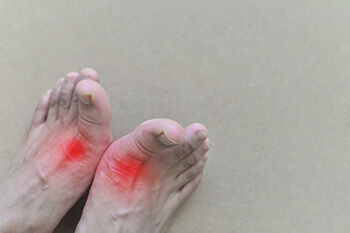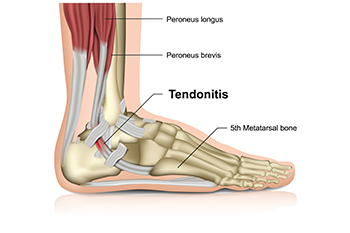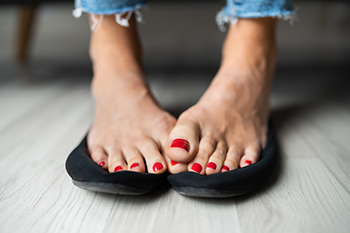
Gout is a type of inflammatory arthritis caused by the formation of uric acid crystals that settle in joints. High blood urate levels, or hyperuricemia, lead to crystal formation, and this can produce severe pain, stiffness, and swelling, often along the base of the big toe. One often has attacks of gout that can last from 12 hours to two weeks. If not tended to, gout can cause damage to joints, tendons, and other soft tissue that is irreversible. Hyperuricemia can also lead to kidney stones. Many people who suffer from gout have lifestyles, such as being overweight or eating or drinking items with high levels of purines or excess sugar or alcohol, that make them more vulnerable to gout. Those with some diseases, like anemia, psoriasis, and renal disease can also be more apt to get gout. Similarly, people taking certain medications can be more likely to get gout. Men are twice as likely to get gout than women. The chance of getting this ailment increases with age. If you have gout and you are experiencing pain in your big toe, it is suggested that you visit a podiatrist for an examination, treatment, and prevention techniques.
Gout is a foot condition that requires certain treatment and care. If you are seeking treatment, contact the podiatrists from Boston Common Podiatry. Our doctors will treat your foot and ankle needs.
What Is Gout?
Gout is a type of arthritis caused by a buildup of uric acid in the bloodstream. It often develops in the foot, especially the big toe area, although it can manifest in other parts of the body as well. Gout can make walking and standing very painful and is especially common in diabetics and the obese.
People typically get gout because of a poor diet. Genetic predisposition is also a factor. The children of parents who have had gout frequently have a chance of developing it themselves.
Gout can easily be identified by redness and inflammation of the big toe and the surrounding areas of the foot. Other symptoms include extreme fatigue, joint pain, and running high fevers. Sometimes corticosteroid drugs can be prescribed to treat gout, but the best way to combat this disease is to get more exercise and eat a better diet.
If you have any questions please feel free to contact our office located in Boston, MA . We offer the newest diagnostic and treatment technologies for all your foot and ankle needs.










